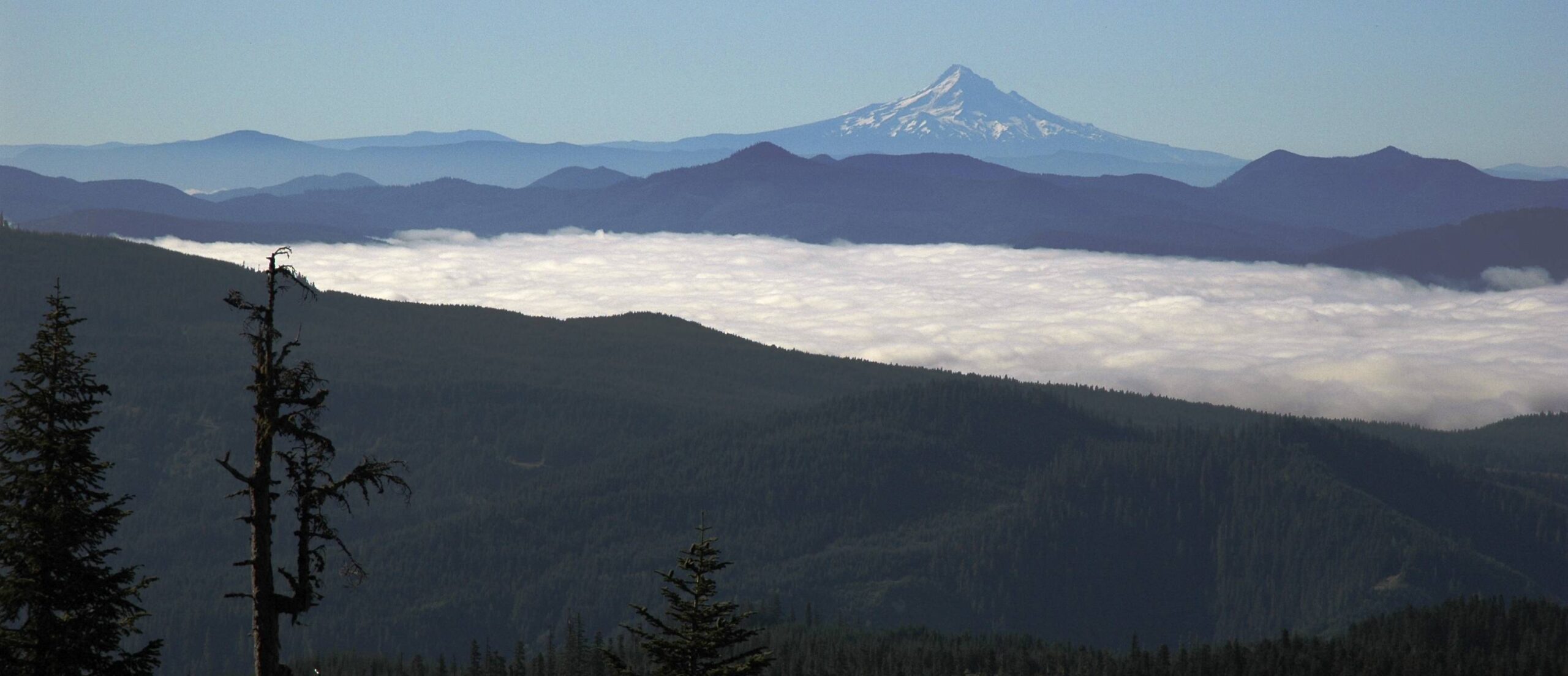Bark Alert: Say Hello to Summer this Spring!

I grew up among the rivers, forests, and communities of what is commonly called the Willamette Valley. The natural spaces of my childhood influenced me and I acknowledged them growing up, but it was only in adulthood that I came to recognize the importance of thinking about and caring for them critically. Learning of the centuries of restorative Indigenous land management practices, as well as the atrocities committed against the peoples and lands of the Pacific Northwest, I gained an understanding of my position in the struggle for environmental justice, and a desire to strengthen and contribute to that movement. Since 2017, I have worked to contribute to social causes through a career in fundraising and community engagement. Now, I’m excited to merge my passion for the landscapes I call home with my enthusiasm for relationship-building and development at Bark.
If my story resonates with yours, please donate to Bark as a Forest Sustainer today.
In my first weeks with Bark, I have been blown away by our organization’s depth of impact, the extent of free public programming, and the sincere engagement of the wider Bark community. This eye-opening time has led me to confront the harm caused by some of my long-held beliefs about the land I live on and how I interact with and talk about it. It is a privilege to join a team that is committed to working to answer difficult questions about how we can disrupt the settler-colonialist structures that are at the core of most conservation organizations. Embracing the paradox of Bark’s work to defend stolen land and the ways we engage with and validate the systems that created the situation in the first place is the most significant reckoning conservation organizations face today, and I am energized by this challenge. Confronting this structural oppression starts with each of us engaging these paradoxes and asking how we can contribute to a framework for the protection of ecosystems that centers anti-racism and the sovereignty of Indigenous people.
And, while these complex and dynamic conversations and actions are happening, Bark steadfastly continues to pursue our mission and deliver regular public programming. I invite you to join us at our upcoming field days in the forest and both online and in-person activist trainings. Offering free, public resources is Bark’s way of connecting communities directly to caring for the land that sustains them.
From timber sale monitoring and public comment organizing to activist training and watershed policy advocacy, your support and dedication makes our work in Mt. Hood National Forest possible.
I look forward to meeting you soon.
For the forest,
Summer Noller, Bark Development Coordinator
P.S. I’d love to hear from you! You can reach me by responding to this email or at (971) 380-3730.